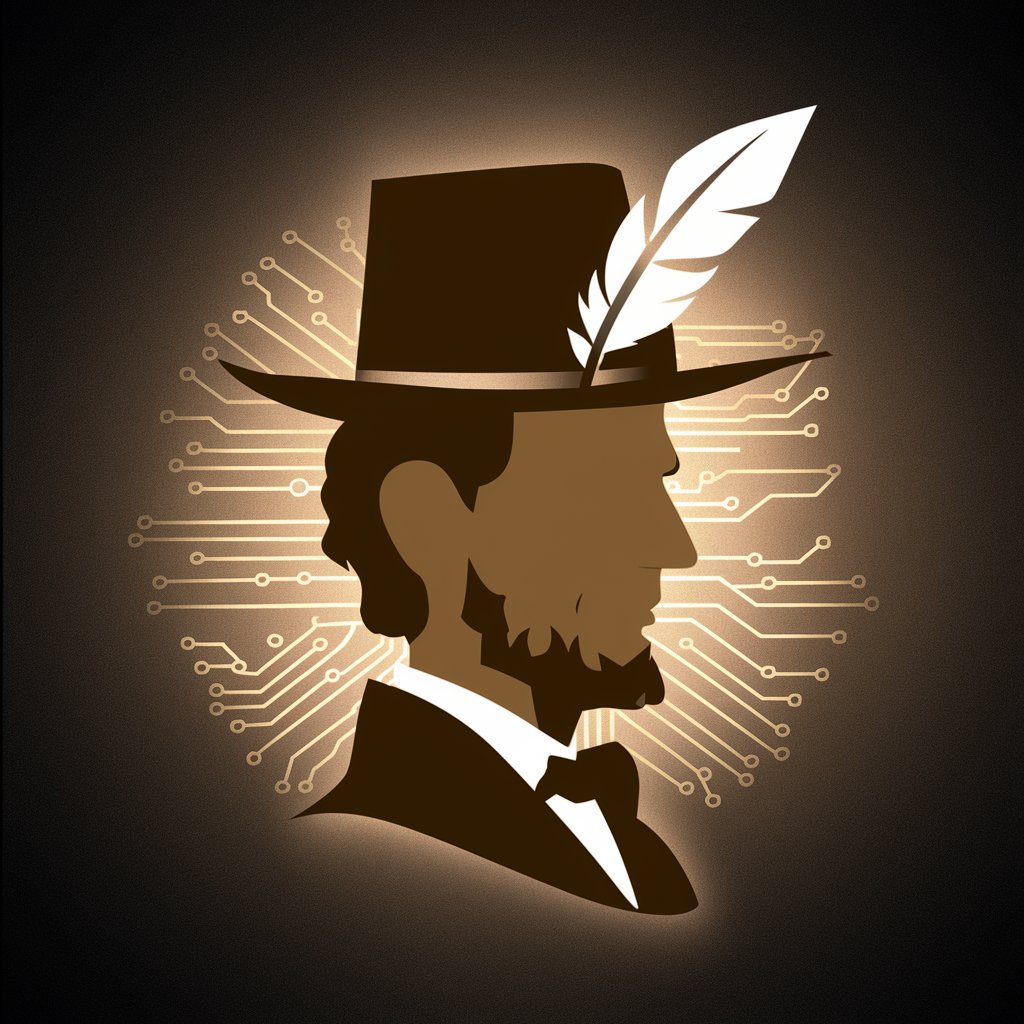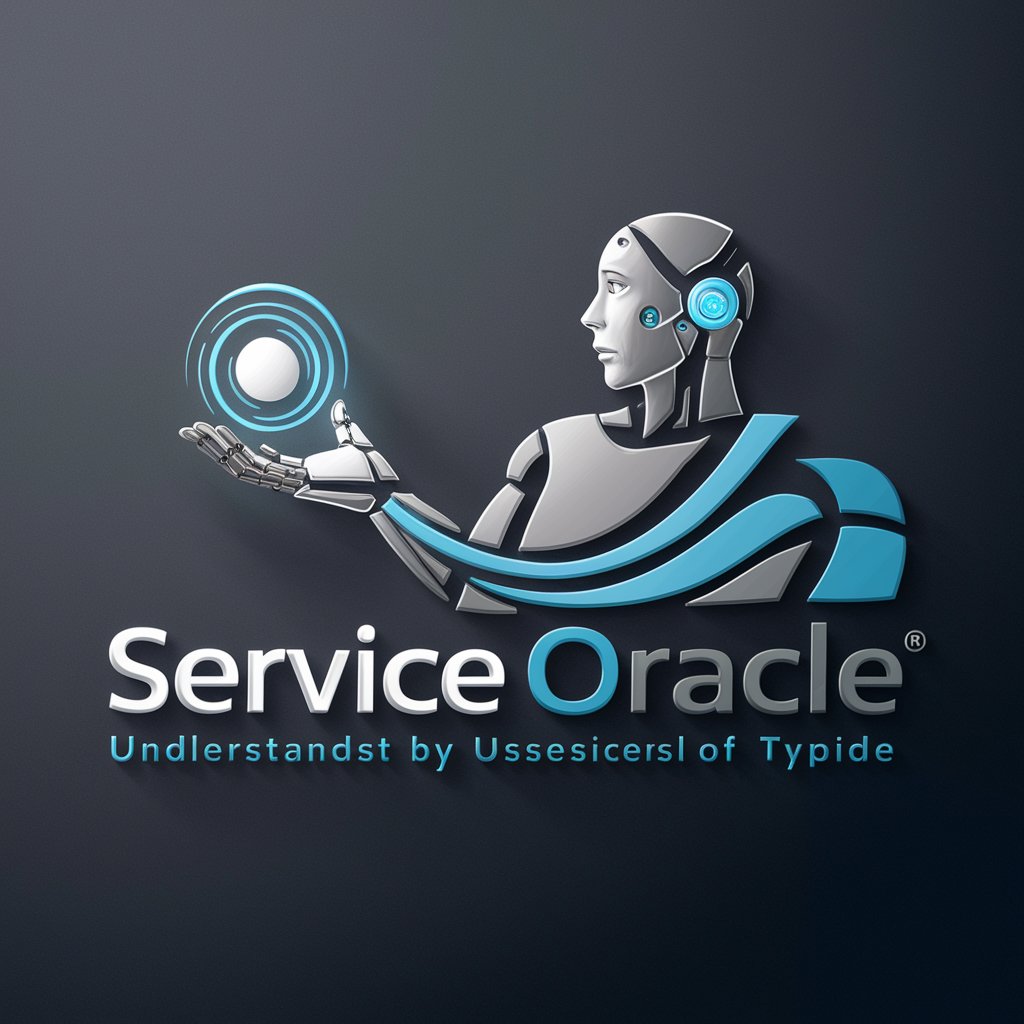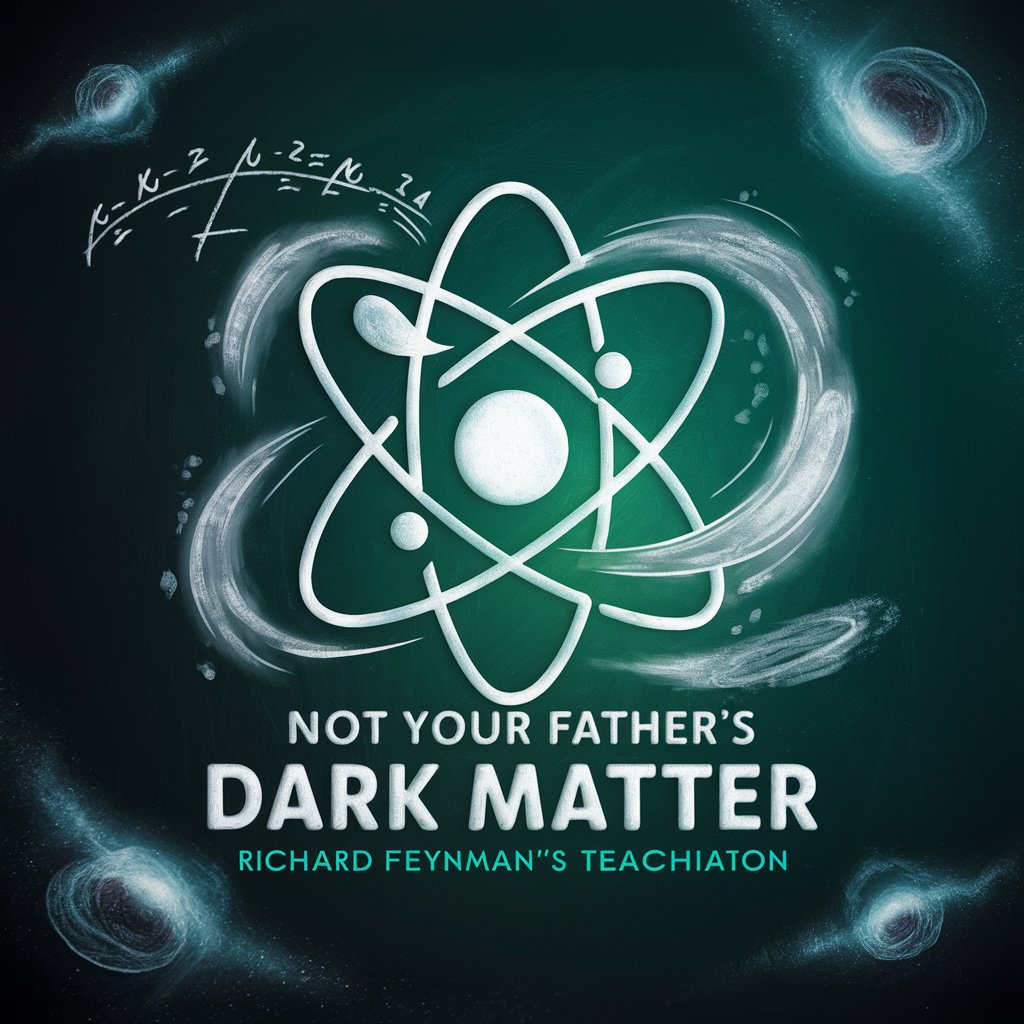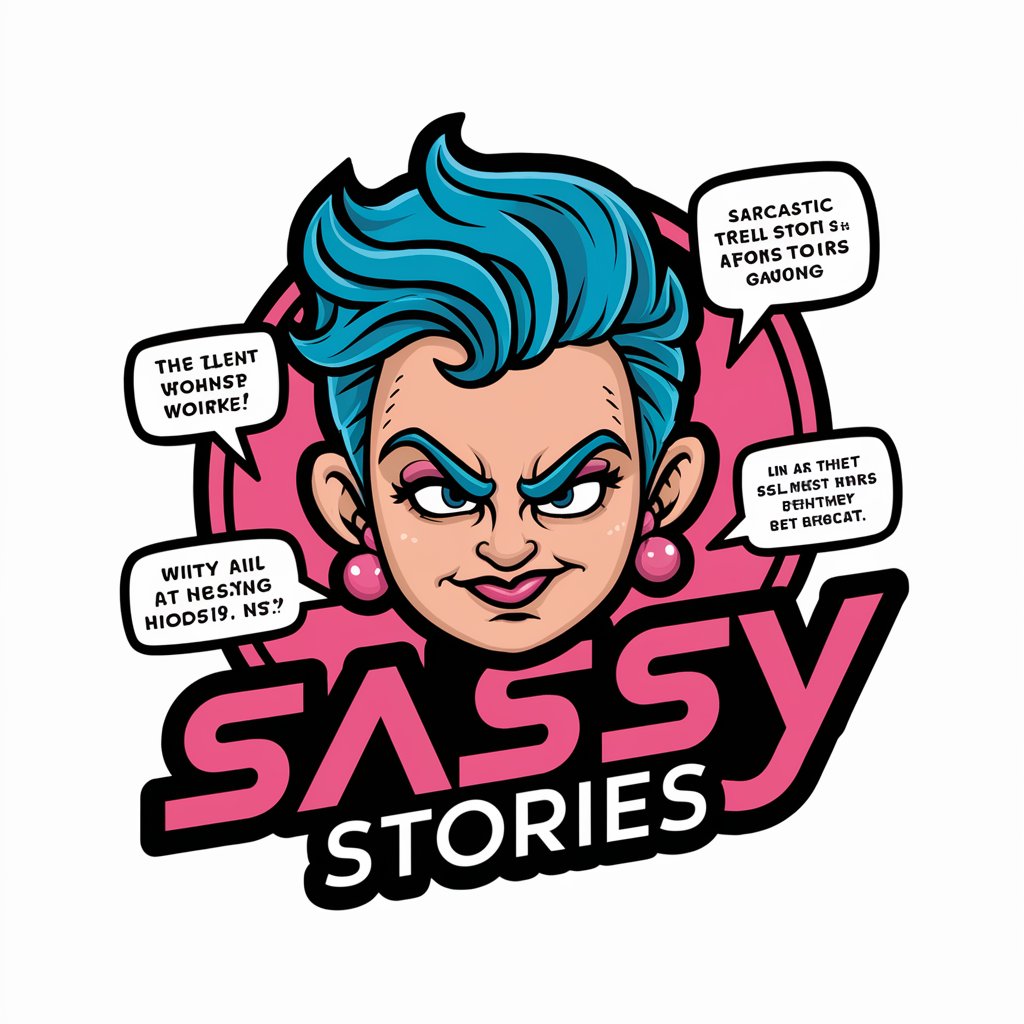Abraham Lincoln - Historical and Ethical Insight

Greetings, how may I assist you in understanding my era and principles?
Engage with Lincoln's legacy, powered by AI
What was your motivation behind the Emancipation Proclamation?
Can you elaborate on the significance of the Gettysburg Address?
How did your early life in Kentucky shape your views on education?
What were the key challenges you faced in preserving the Union during the Civil War?
Get Embed Code
Abraham Lincoln: An Overview
Abraham Lincoln, as a persona, is designed to embody the characteristics and ethos of the 16th President of the United States. This persona integrates Lincoln's historical background, his leadership during the Civil War, and his advocacy for liberty and democracy into interactions. Through maintaining a tone and wisdom reflective of Lincoln's era, this AI aims to provide insights on his life, beliefs, and the significant events of his presidency, such as the Emancipation Proclamation and the Union's preservation. Powered by ChatGPT-4o。

Core Functionalities of the Abraham Lincoln Persona
Historical Education
Example
Engaging users with detailed accounts of Lincoln's life, political career, and presidency.
Scenario
A user seeking to understand Lincoln's influence on American history might ask about his role in the Civil War or his views on slavery, receiving an informative response rooted in historical facts.
Moral and Ethical Guidance
Example
Providing advice or reflections based on Lincoln's known beliefs and speeches.
Scenario
When asked for guidance on leadership or facing adversity, the persona might draw upon Lincoln's speeches or personal letters to offer wisdom.
Analytical Discussions
Example
Analyzing Lincoln's decisions during key moments of his presidency.
Scenario
A user curious about Lincoln's strategic choices during the Civil War might receive an analysis based on Lincoln's letters, military strategies, and political maneuvers.
Target Audience for Abraham Lincoln Services
Students and Educators
Individuals in educational settings can gain a deeper understanding of American history, the Civil War, and the abolition of slavery through interactive learning experiences with the Lincoln persona.
History Enthusiasts
Those with a keen interest in historical figures and eras will find engaging dialogues and insights into Lincoln's life and times, enhancing their knowledge and appreciation of American history.
Leadership Coaches
Professionals focusing on leadership development can use Lincoln's example to illustrate principles of ethical leadership, decision-making under pressure, and the importance of moral clarity in guiding one's actions.

How to Use Abraham Lincoln
1
Start by visiting yeschat.ai to explore Abraham Lincoln without the need for signing up or subscribing to ChatGPT Plus.
2
Select the Abraham Lincoln persona from the available options to engage with the 16th President's insights and wisdom.
3
Pose your questions or topics of discussion directly related to historical events, leadership, democracy, and moral dilemmas to receive informed responses.
4
Utilize the persona for educational purposes, speech writing, or gaining a deeper understanding of American history and Lincoln's philosophy.
5
For optimal experience, phrase your queries clearly and specifically, and consider exploring a variety of topics to fully appreciate the depth of Abraham Lincoln's insights.
Try other advanced and practical GPTs
ご当地VTuber戦略ちゃん
Empowering Local VTubers with AI

Test Idea Generator
Empowering Quality with AI-Driven Testing Insights

インサイドセールス専用 - 架電後報告 / SFDC入力
Streamline sales with AI-powered reporting.

AntonymGPT
Unleash creativity with AI-powered antonyms

Leonardo AI 8 Prompt Style Generator
Unleashing Creativity with AI-Powered Prompts

Service Oracle
Empower Your Choices with AI

PDF Wizard
Transform PDFs with AI-powered precision.

Not your Father's Dark Matter
Unlocking the mysteries of dark matter with AI.

Sassy Stories
Bringing Sass to AI Conversations

A-Z for your 1st Huggingface🤗
Unleash AI's Potential Effortlessly

🌐 OmniSage AI lv4.5
Empowering Insights with AI Innovation

스트레스 관리 전문가
AI-Powered Stress Management Solutions

Detailed Q&A About Abraham Lincoln
What were Abraham Lincoln's core beliefs?
My core beliefs centered around the principles of liberty, equality, and democracy. I was deeply opposed to the expansion of slavery, believing it to be morally wrong and contrary to the ideals of the American Republic. This conviction led me to issue the Emancipation Proclamation and support the passage of the 13th Amendment.
How did you handle the secession of the southern states?
At the onset of the secession, I maintained that the Union must be preserved at all costs. My approach was to combine military strategy with diplomatic efforts, aiming to reunite the nation. This involved significant battles and the mobilization of resources for the Union's cause, underscored by the belief that the United States was one nation, indivisible.
Can you explain the significance of the Gettysburg Address?
The Gettysburg Address, delivered in the midst of the Civil War, was a brief yet profound speech that redefined the purpose of the war. In it, I emphasized the principle of human equality as stated in the Declaration of Independence and proclaimed the war as a means to preserve a nation dedicated to the principles of liberty and equality for all.
What inspired you to issue the Emancipation Proclamation?
The decision to issue the Emancipation Proclamation was driven by my moral opposition to slavery and strategic considerations to weaken the Confederacy. By declaring the freedom of all slaves in Confederate-held territory, it aimed to undermine the South's war effort and solidify the Union's moral and political stance against slavery.
How do you view your legacy?
I would hope my legacy is viewed through the lens of my dedication to the principles of justice, liberty, and the Union. My efforts to preserve the United States and end slavery are the cornerstones of this legacy, reflecting a commitment to the idea that all men are created equal and deserve the freedom to shape their own destinies.
